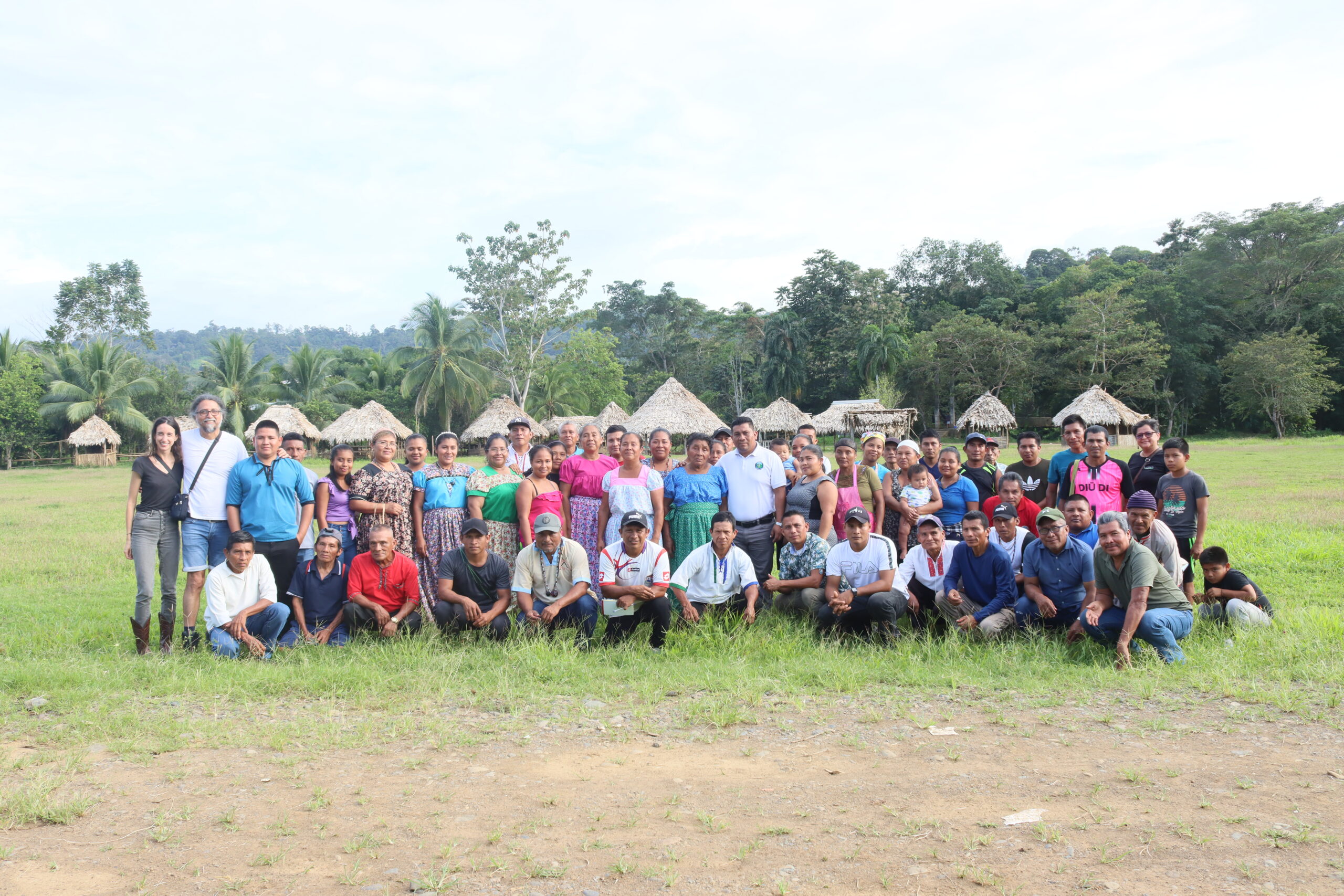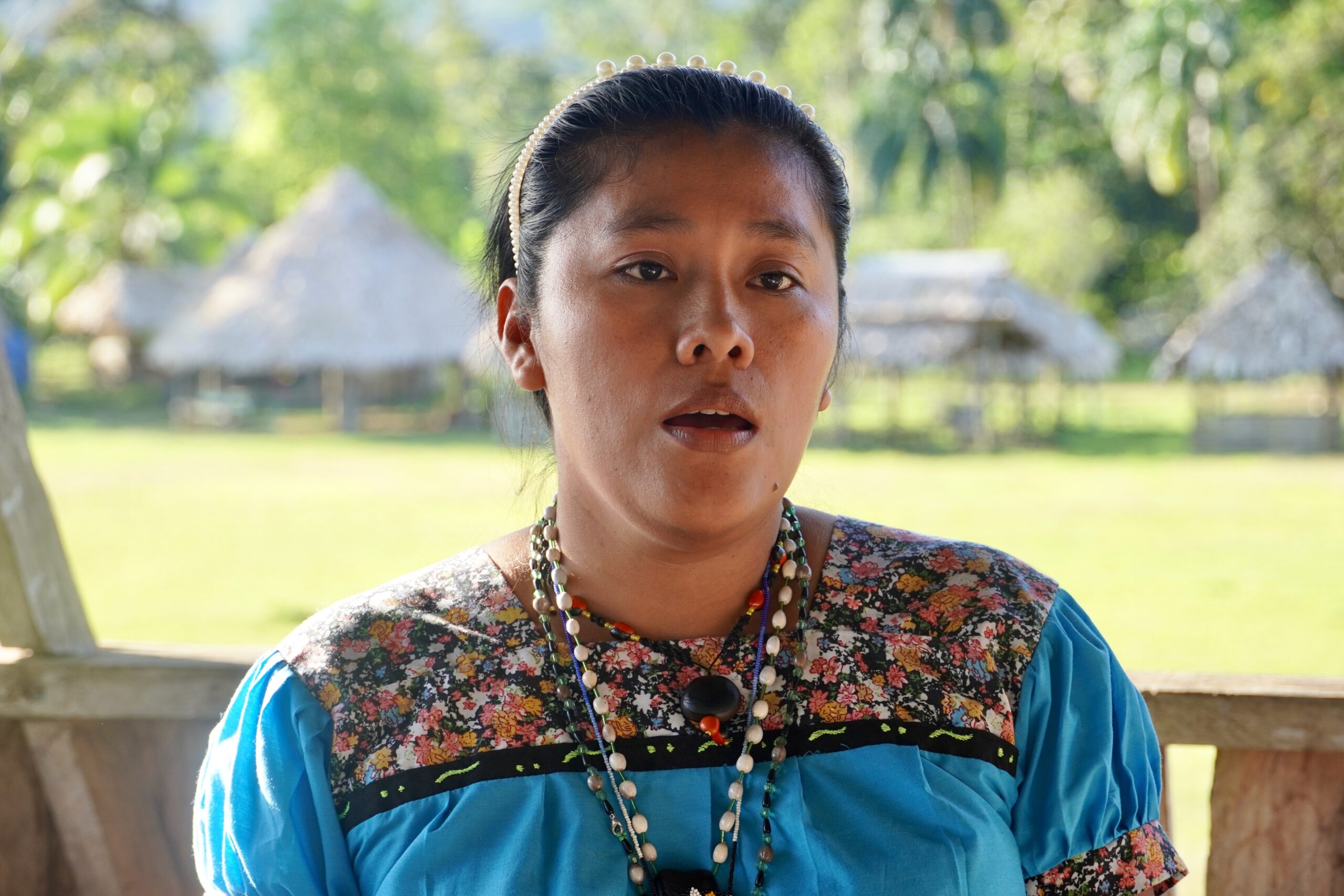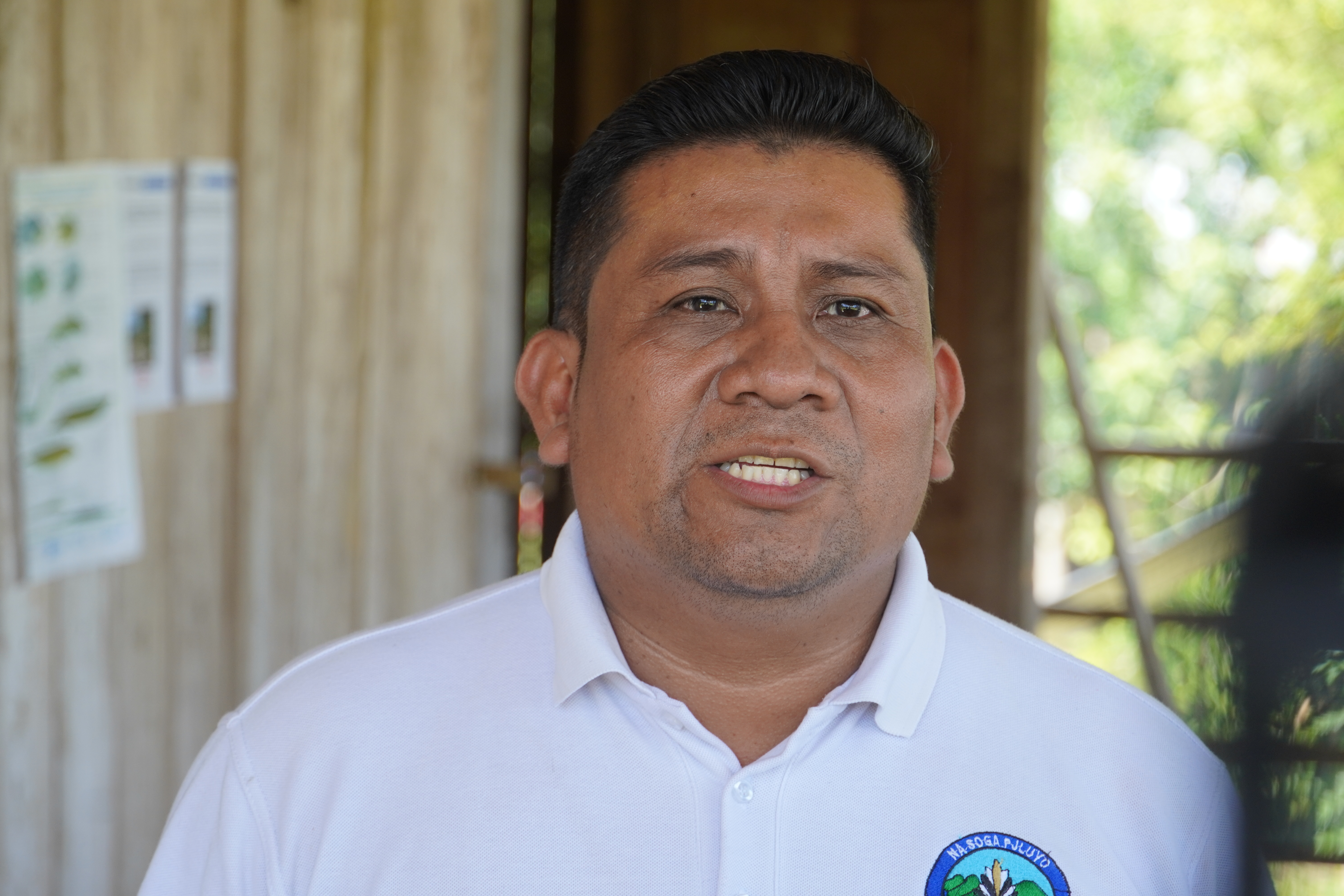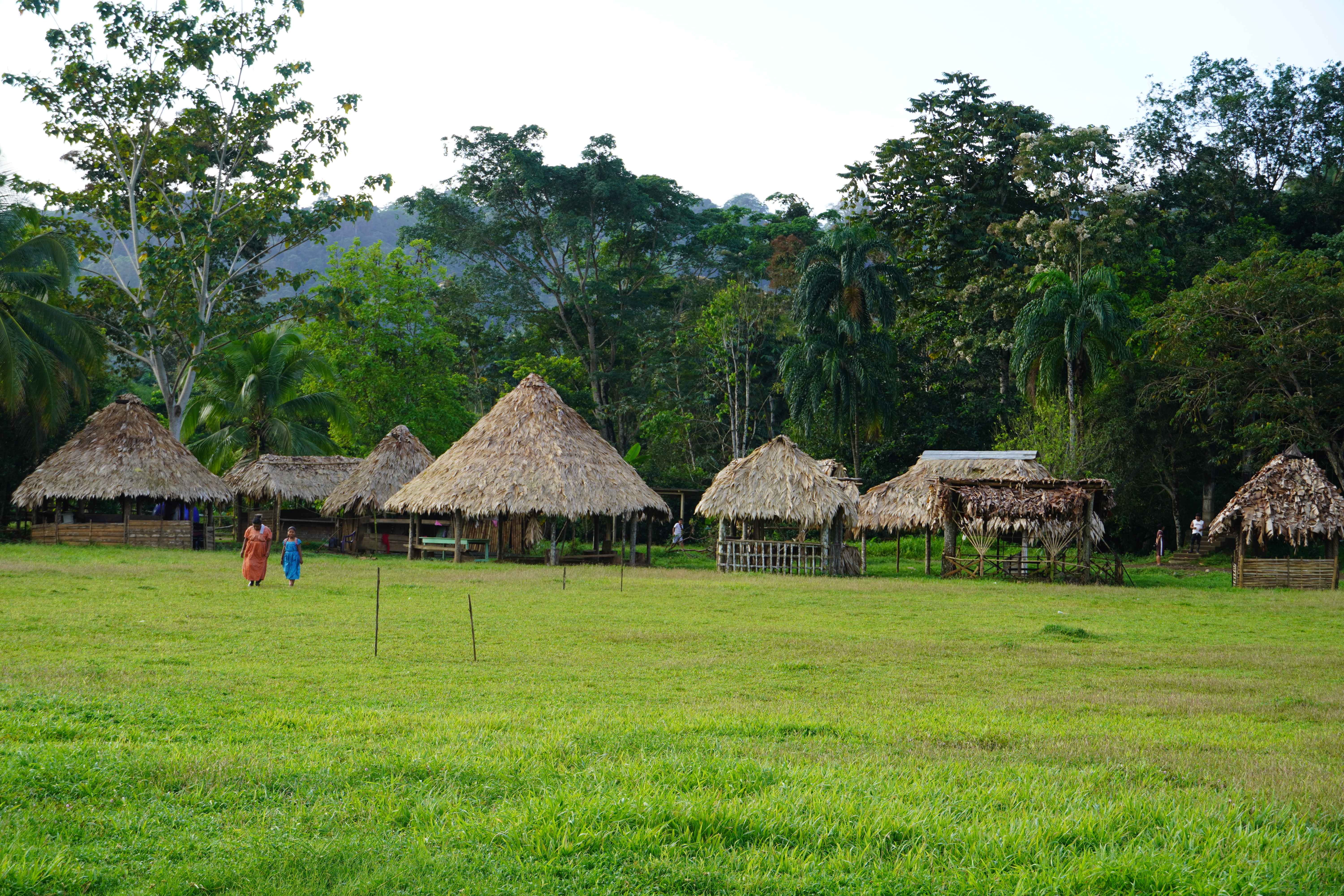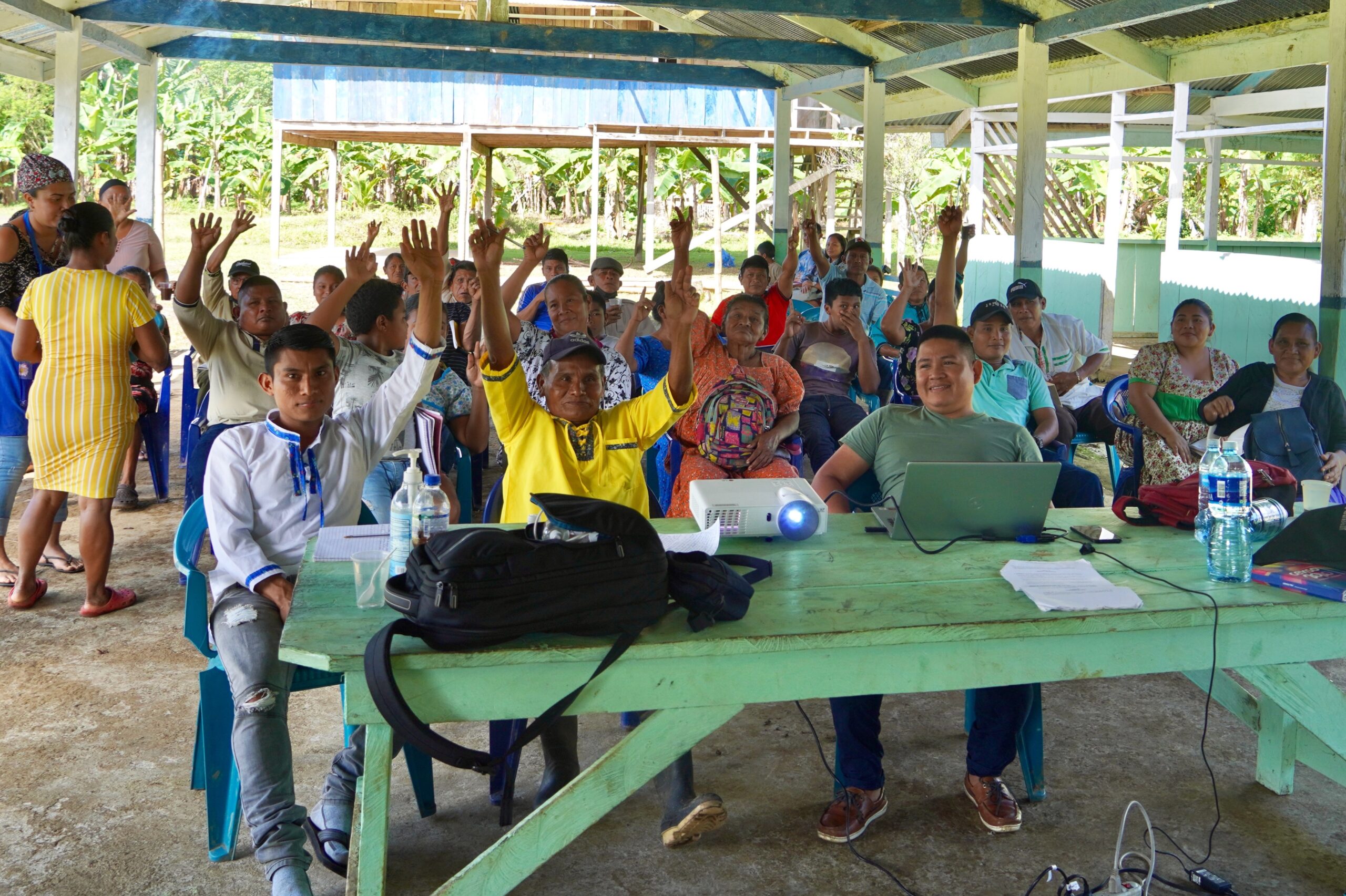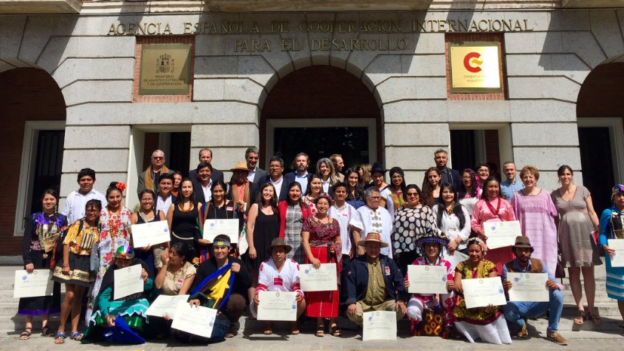The process of strengthening the traditional governance of the Indigenous Peoples of Panama continues
Four Indigenous territories in Panama initiated a process of collective elaboration of new Organic Charters and Internal Regulations.
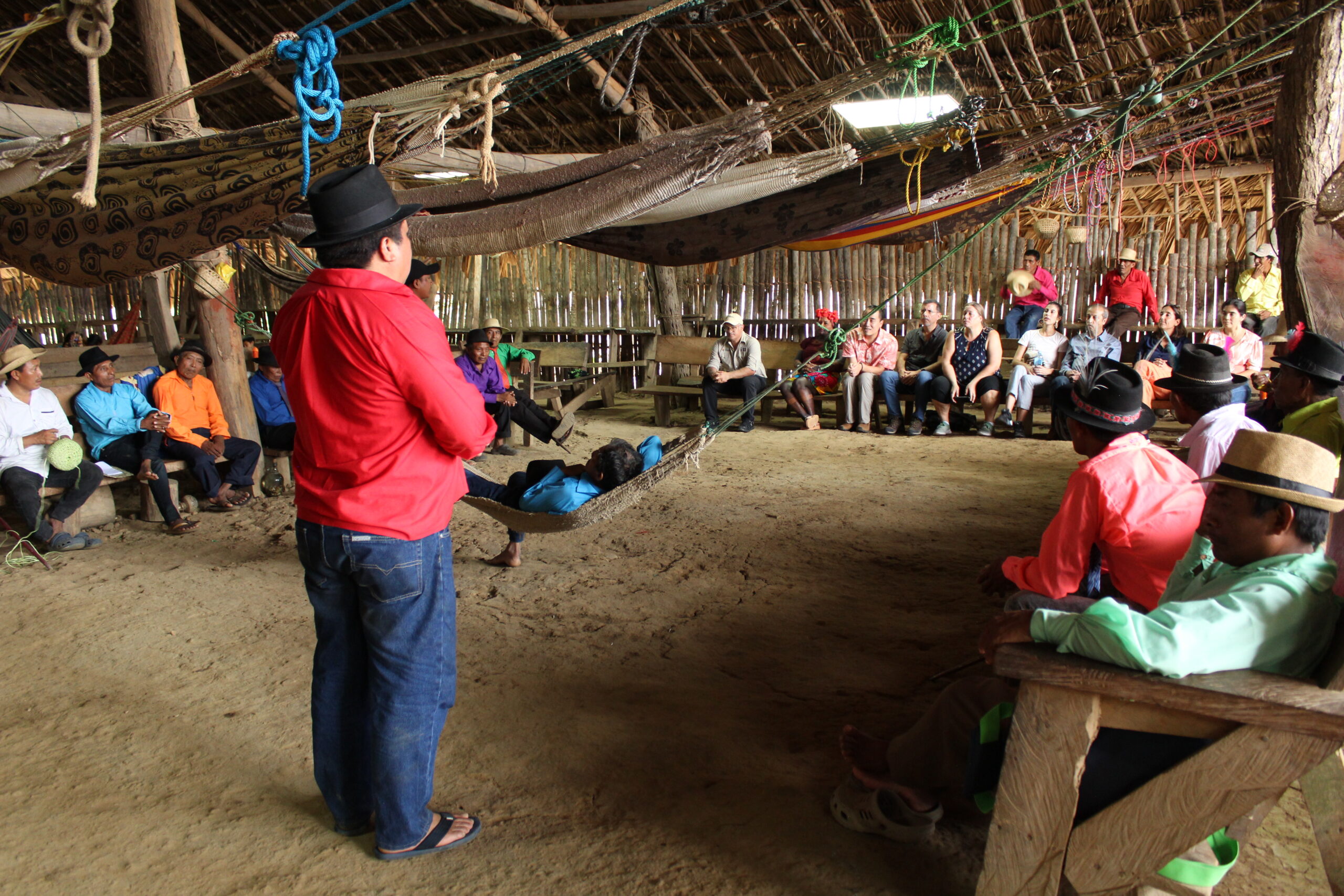
Started in October 2022, the traditional authorities of four Indigenous territories in Panama (Comarca Naso Tjër Di, Comarca Kuna de Madungandi, the Emberá and Wounaan Collective Lands of Darién, and the National Congress of the Wounaan People) began a process to strengthen their territorial governance systems through the collective drafting of new Organic Charters and Internal Regulations.
For Indigenous Peoples an Organic Charter and Internal Regulations is a legal document that organizes and establishes: 1) Criteria for the election of local, regional or general authorities; 2) Uses and rights over the land and the conservation of nature; 3) Social norms related to traditional and plant medicine; and 4) Mechanisms that ensure gender parity in the representation of authorities.
In May 2023, the four territories that initiated these processes have suceeded in validating the drafts of their Organic Charters and Internal Regulations before their local and general authorities and in the presence of government representatives.
The Kuna Comarca of Madungandi approved through an assembly/workshop the Internal Regulations of its General Congress in the community of Ibedi on May 10, with the participation of 50 sahilas (local Kuna authorities) and their argar (interpreters of the sahilas).
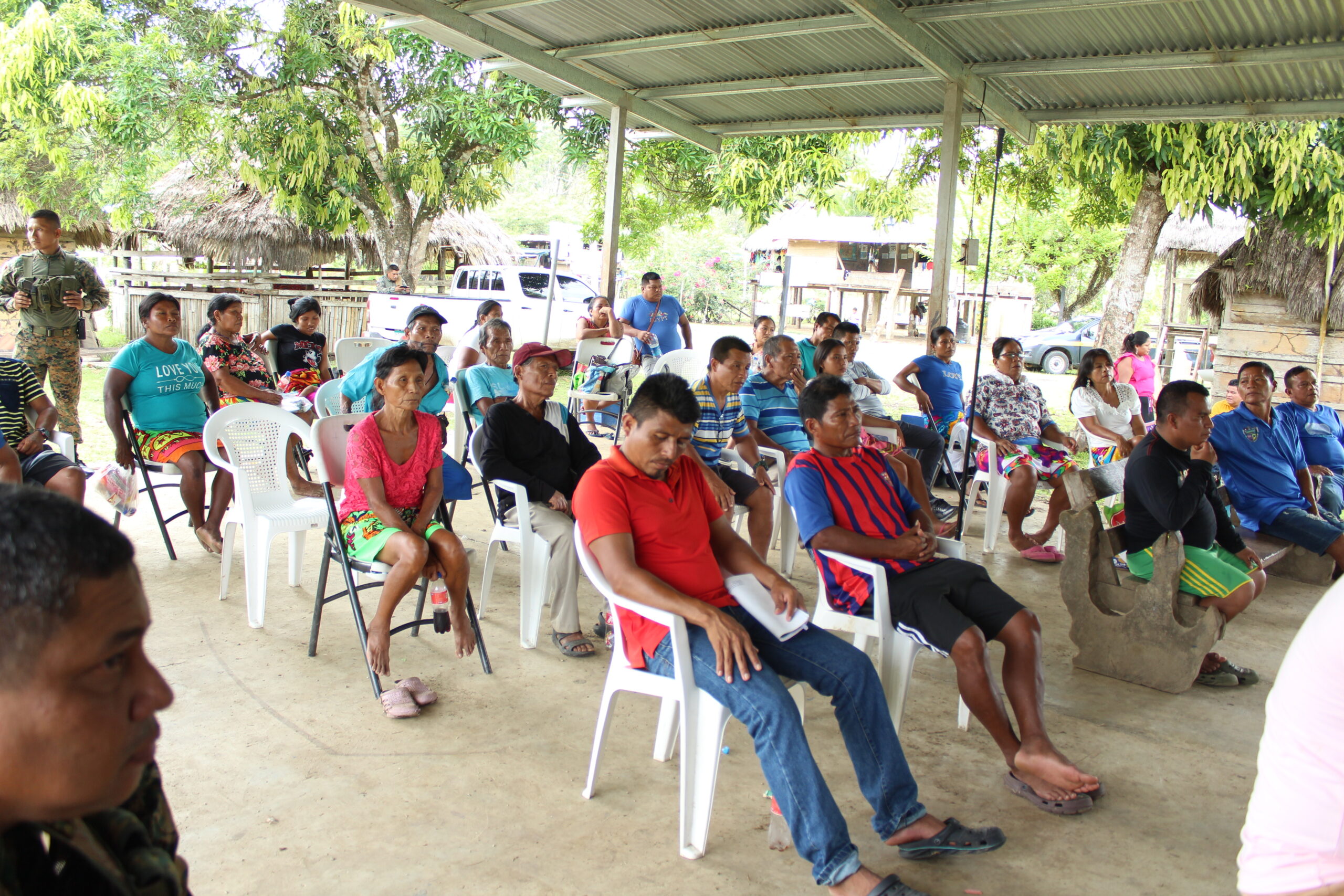
Act of validation of the Internal Regulations of the Tuira Region of the Emberá, Wounaan and Eyabida Collective Lands of Darién, community of Pijibasal.
A week later, the same process was carried out in the community of Pijibasal in the province of Darien, in the Regional Congress of the Tuira, which belongs to the Embera and Wounaan Collective Lands of Darien; with the participation of 50 local Embera, Wounaan and Eyabida authorities (known as Noko, Chi Pör and Buru according to each community).
Thirty people from the community also participated in both workshops, including children, youth, women and elders with a voice and vote to contribute to the disucssion, as the workshops are open to the general public.
COMARCA KUNA DE MADUNGANDI
In the last 8 months, the technical team of the Madungandi General Congress analyzed, together with sahilas and argar, more than 100 articles that establish, for example, the main functions of the community authorities (sahilas, argar and sualibed or community police), their reasons for dismissal and election, and developed the rights to land, hunting and family from the Kuna way of thinking.
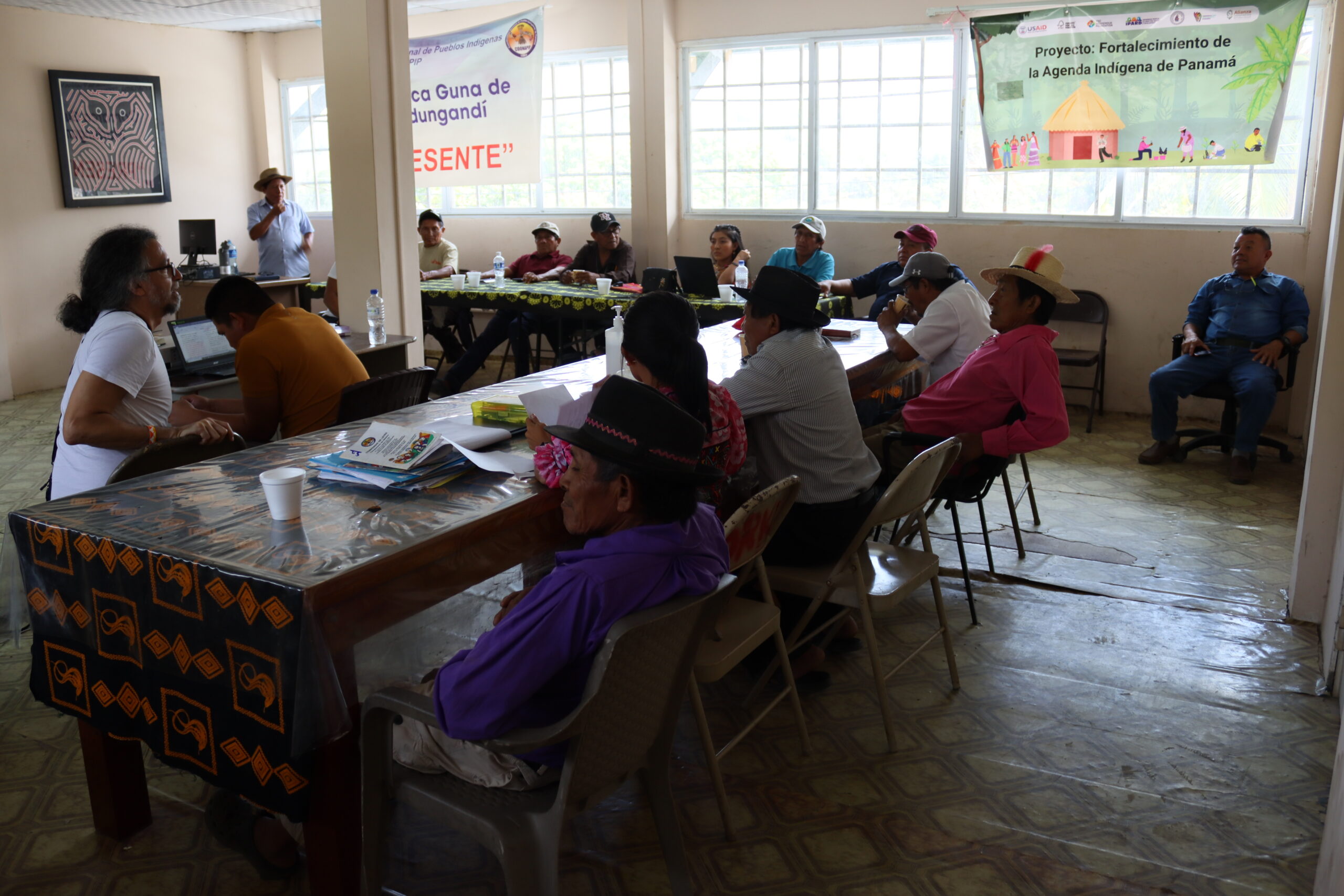
To reach a consensus on the content of the document, two four-day workshops were convened between October and February 2022-2023, attended by more than 30 authorities and officials of the Madungandi General Congress, both of which were held in Akua Yala, the capital of the comarca.
A significant challenge was to transcribe all the procedures, functions, methods and other elements that already exist and are used by the Kunas of Madungandi into the final document that will be submitted to the Ministry of Government for approval.
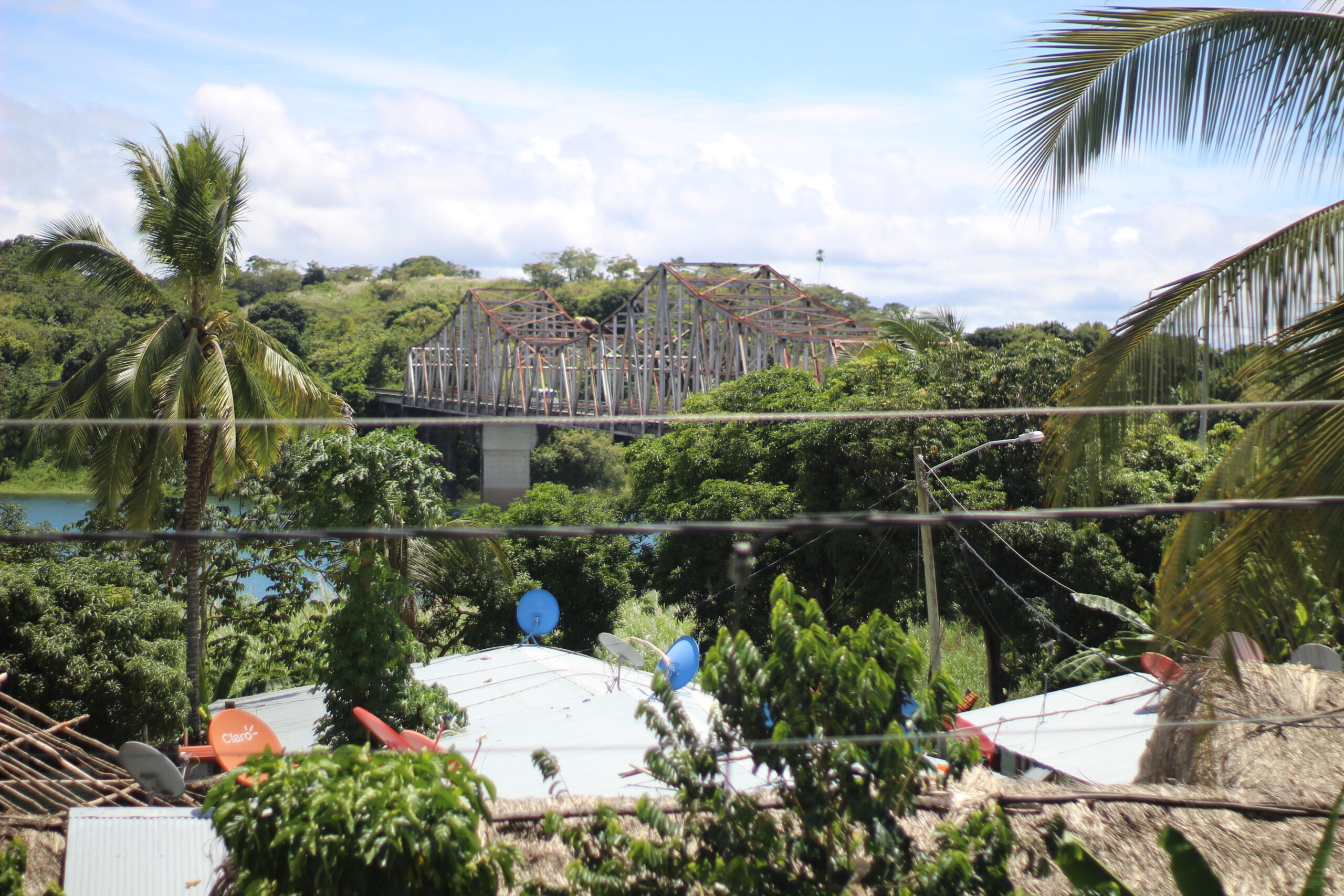
Vista del puente sobre el lago Bayano desde las oficinas del Congreso General de Madungandi en la comunidad de Akua Yala.
EMBERÁ, WOUNAAN AND EYABIDA COLLECTIVE LANDS
In Panama, the title of Collective Lands is granted to Indigenous communities that were left out of a Comarca when the Comarcas were created. The title of Collective Lands represents the ancestral right to the sovereignty of their territory for the people who inhabit it.
Such is the case of the Emberá and Wounaan Collective Lands of Darién, where the Eyabida people have also been living for some years. The Eyabida were persecuted by the internal conflicts in Colombia, where they originate. The process of elaboration of the Internal Regulations of the Tuira Region served then as a propitious moment to officially establish the Eyabida People as inhabitants of the Collective Lands.
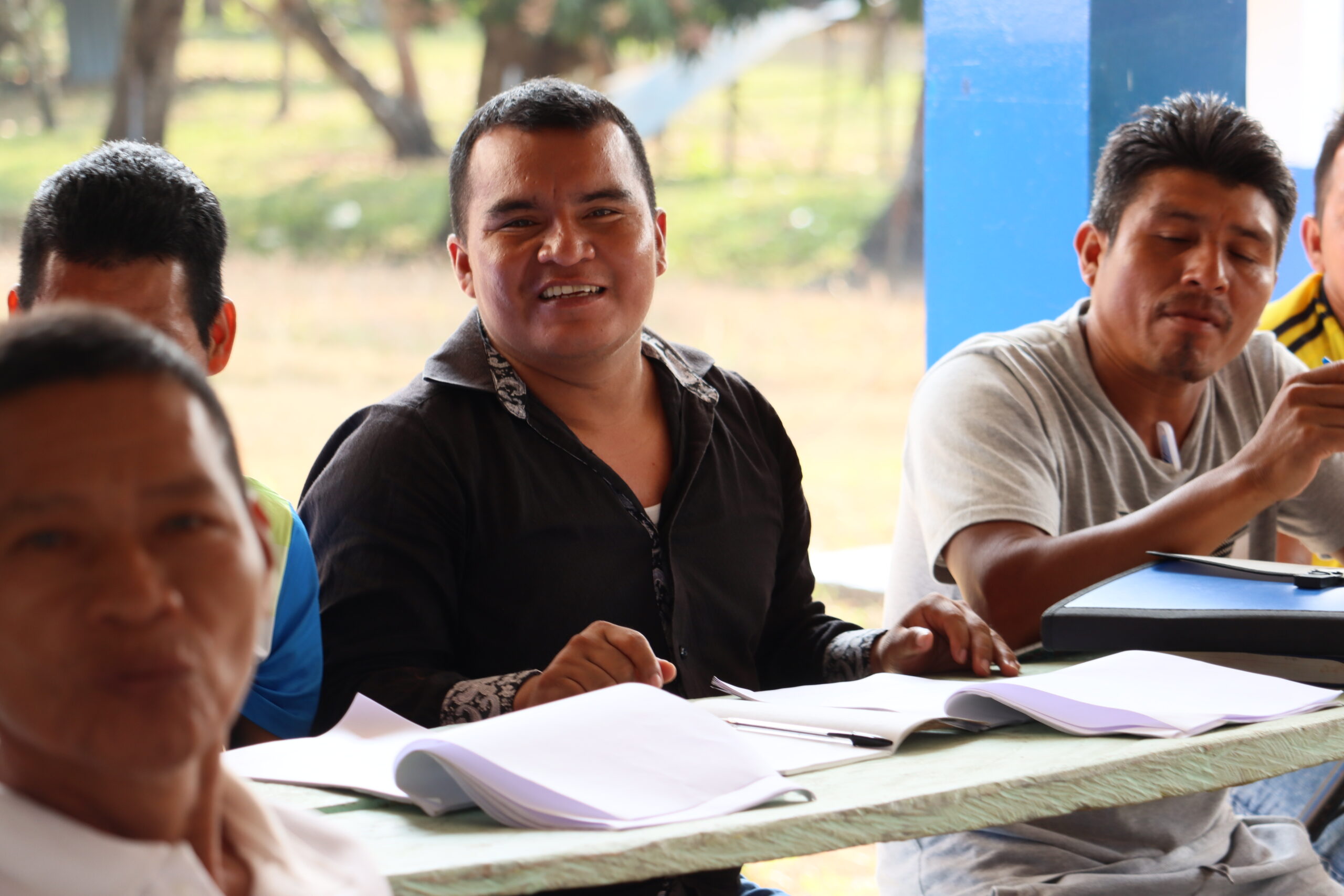
At the workshops, first held in the community of Mercadeo in November 2022 and a second in the community of Bajo Lepe in March 2023, more than 30 traditional authorities, mostly Nokora (Emberá) and to a lesser extent Chi Pörnaan (Wounaan) and Burura (Eyabida), analyzed and interpreted the text that mandates ways to administer justice, certify authorities and marriages, establishes collective rights over the use of natural resources and restrictions on activities of outsiders within the territory.
REPRESENTATION OF WOMEN
Although there are few women in decision-making positions in both territories, the drafting of the Internal Regulations provided an opportunity for Emberá and Kuna leaders to create spaces where their proposals and needs could be heard within their General and Regional Congresses.
In Madungandi, a territory where there have not been any women Sahila, it was agreed that the women would have a representative in the General Congress, who would be elected by the women themselves and would have the right to speak and vote in the Congress.
In the Tuira Region, two key leaders participated in all the workshops: the deputy general cacique, Lucrecia Caisamo, and the Noko of the Pijibasal community, Lucia Flaco, who contributed to the consensus on issues related to land care, traditions, and the community economy.
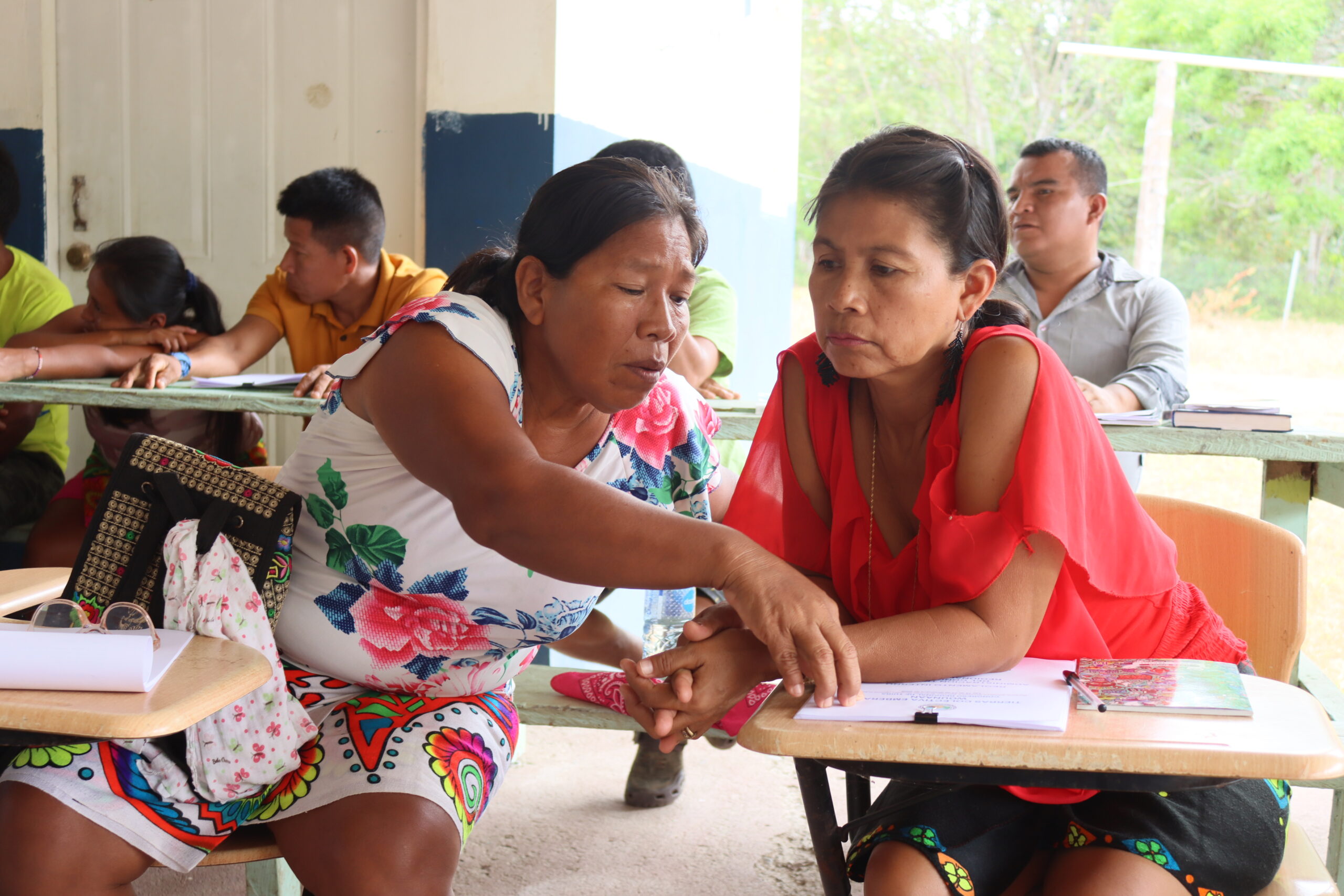
DISPUTED TERRITORIES
The population of the Kuna Comarca of Madungandi and the Emberá and Wounaan Collective Lands of Darién have been strongly affected by megaprojects imposed on their territories.
Akua Yala, capital of Madungandi, is a relocated community. Their ancestral territory was completely flooded as a result of the construction of the Bayano Hydroelectric Dam in the 1970s. Likewise, the Alto Bayano Collective Lands, which include the communities of Ipetí and Piriatí Emberá in East Panama, were also relocated.
The disappearance of native forests and the poor quality of the land in the areas to which they were relocated has caused significant cultural losses. Without forests, these Peoples cannot practice or adequately transmit traditional knowledge about land use, medicinal plants, or ecosystem conservation.
Another example is the Bajo Lepe community, site of the second workshop, whose location is affected by the concession of 325,000 hectares from the State of Panama to the oil company Sinclair Panama Oil Corporation in 2018, as denounced by community members on the way to the workshop.
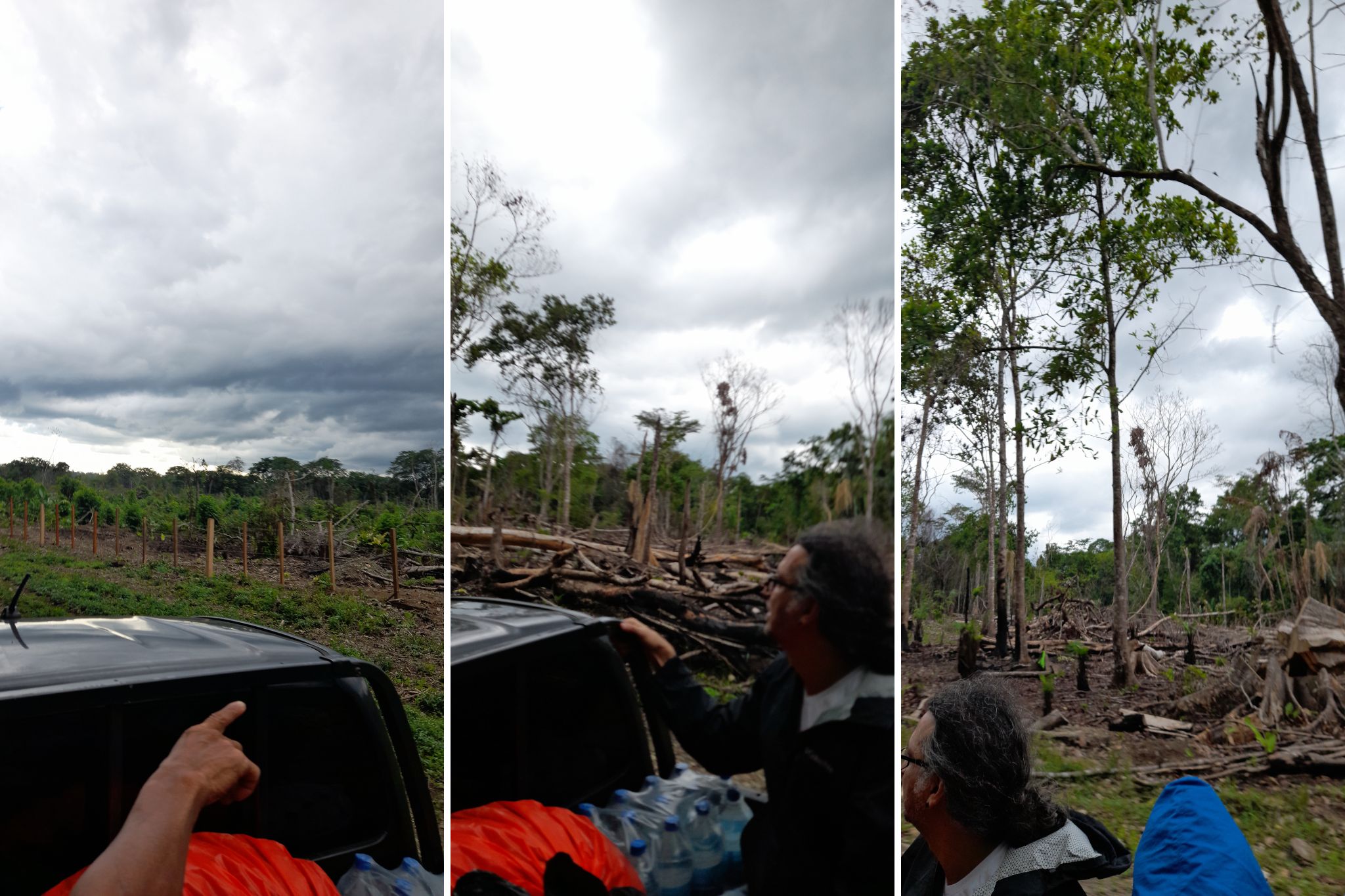
IMPACT OF THE PROJECT
The collective work of the communities to organize their governance and develop social, cultural, economic and conservation norms based on discussions open to the entire community have served to raise awareness among young people, local leaders, elders, and authorities about their rights as Indigenous Peoples.
Throughout the process of drafting the Organic Charters and/or Internal Regulations of the four territories benefiting from the Strengthening the Indigenous Agenda Project (FAIP), the communities demonstrated interest in knowing and understanding the rules that govern them.
FAIP aims to strengthen the political structures of the Comarca Naso Tjër Di, the Comarca Kuna de Madungandi, the Emberá and Wounaan Collective Lands of Darién, and the National Congress of the Wounaan People by drafting and publishing their organic charters or internal regulations.
FAIP is funded by USAID and FSC, implemented by the FSC Indigenous Foundation and framed within the Indigenous Peoples’ Alliance for Rights and Development (IPARD) program, executed in coordination with AMPB, CMLT and AMARIE.

